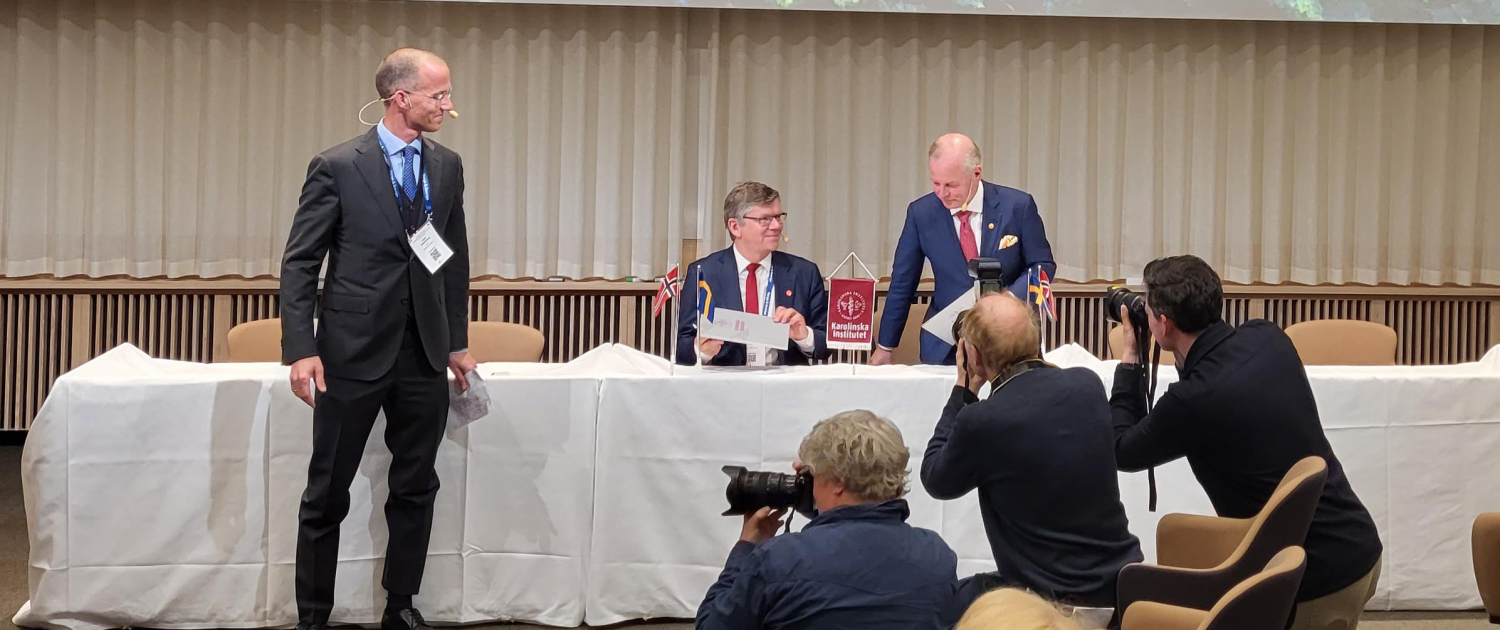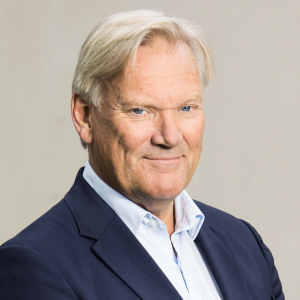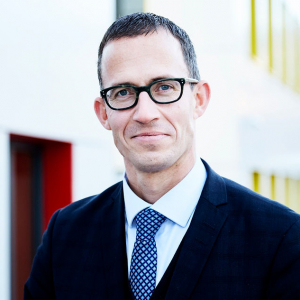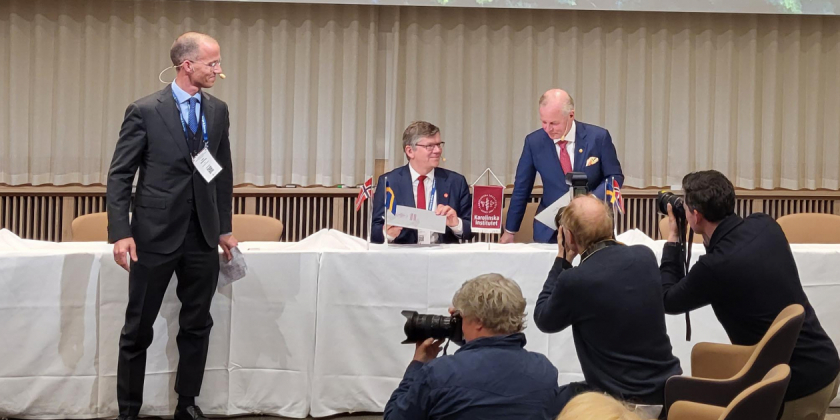Strengthened Swedish-Norwegian cancer cooperation

A new agreement reinforces the collaboration on cancer between Sweden and Norway.
“Norway and Sweden must work together towards making precision medicine a standard for all cancer patients,” said Ketil Widerberg, general manager of Oslo Cancer Cluster.
A Memorandum of Understanding (MoU) was signed between the University of Oslo and the Karolinska Institute during a visit by the Norwegian Crown Prince Couple and a Norwegian industry delegation in Stockholm on 2 May.
Use comparative advantages
“This is a Memorandum of Understanding about the development of further collaboration between the University of Oslo and the Karolinska Institute. It deals with general activities, including exchanges of students and researchers, the organisation of mutual academic and scientific activities, and collaboration on educational programmes,” said Per Morten Sandset, Professor and Vice-Rector of the University of Oslo.

Per Morten Sandset, Vice-Rector, University of Oslo. Photo: Jarli & Jordan / UiO
Among other things, the agreement includes collaboration on precision medicine, clinical studies and the European Union’s Cancer Mission. The thought is to use the comparative advantages of Sweden and Norway to mutually strengthen the countries’ research environments and advance cancer research.
We need to team up
“Nordic countries have a lot to contribute: excellent research, very good public healthcare systems and national registries. We need to team up and position the Nordics as a strong player contributing to the global value chain from bench to bedside. The Nordics should unite and act as a one-stop shop for clinical trials within oncology and work with the global companies to set up Nordic collaborations,” said Widerberg.

Ketil Widerberg, general manager, Oslo Cancer Cluster. Photo: Stig Jarlnes / OCC
The agreement was signed during a session on health industry, which the Norwegian health clusters had organised collectively. This was led by Widerberg, who has also recently enterred the board of Karolinska Innovation, a role that ties the Norwegian and Swedish innovation environments even closer together.
“Norway, Sweden, Finland and Denmark are way too small to get attention alone. We are not seen as interesting markets due to small population sizes. But if we team up, it is different. With EU’s cancer mission this gets even more important,” said Widerberg.





